
Dyspepsia is a chronic functional disorder of the upper digestive system. It is most common in middle age and affects both sexes equally, with slightly greater frequency in men.
Risk Factors
There are several risk factors that affect the occurrence of dyspepsia: smoking excessive and prolonged consumption of alcoholic beverages drinking black coffee (more than 6 cups per day) poor nutrition (food rich in fats, spicy food, irregular feeding and fasting) excessive body weight exposure to stress anxiety, depression and psychological problems use of certain drugs (NSAIDs, antirheumatics, antibiotics, estrogens) the presence of other diseases (diabetes, thyroid and kidney disease, weakened cardiac function, pulmonary tuberculosis, malignant disease) infections with Helicobacter pylori (If dyspepsia is caused by ulcer, gastritis or cancer)Symptoms of dyspepsia
It is very important to carry out a detailed diagnostic procedure in order to clarify the causes of disease, exclude organic diseases (ulcer, reflux, cancer, hiatus hernia, inflammatory bowel disease, gall stones), and establish diagnosis of functional dyspepsia.Dyspepsia include the following symptoms, which usually occur after eating: pain, burning, and discomfort in the stomach feeling of pressure and bloating feeling of fullness and satiety even after the small amount of food, loss of appetite belching and increased gas emission (due to excessive swallowing of air)returning of stomach contents into the esophagus (called reflux) nausea with or without vomiting After a detailed history, physical examination and analysis the previous medical records, beginning with further diagnostic treatment: laboratory blood tests, stool examination, abdominal ultrasound, endoscopy of the esophagus, stomach and intestine (particularly in patients whose symptoms last for a long time or rapidly deteriorate), abdominal x-rays, tests for detecting H. pylori.
If all results find negative, there is a diagnosis of functional dyspepsia.
Treatment
Self-treatment is usually carried out by drugs that can be bought without a prescription, and which are intended for short-term treatment. Since the mechanism of functional dyspepsia is still controversial subject, adequate therapy for this disease has not been found yet, although there are numerous studies about the effectiveness of drugs for reducing gastric acid secretion and gastric acidity.Before deciding to self-treatment is advisable to consult a physician (either a specialist, or family physician) particularly for the elderly. Most frequently are used antacids, alginate, sucralfate and H2-receptor antagonists. In the treatment of dyspepsia is very important to change the adverse life and dietary habits, and to control and treat other diseases.
Advises to stop smoking, drinking black coffee and alcohol in large quantities, reduce excess body weight and daily food intake with the consumption of low fat and not too spicy food and the distribution of daily intake into several smaller meals. Regular consumption of fermented dairy products (yogurt, acidophilus, kefir etc) is recommended. It is advisable to avoid frequent use of nonsteroidal anti-inflammatory drugs in the treatment of pain and stressful situations.
If symptoms lasts for some time without stopping or they become worse it is advisable to contact a doctor for diagnostic treatment and prescribing appropriate therapy.


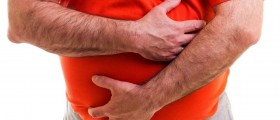


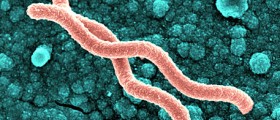
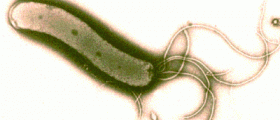


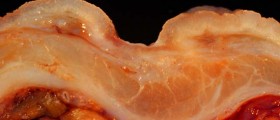


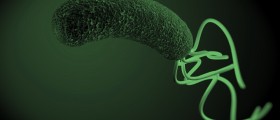




Your thoughts on this
Loading...